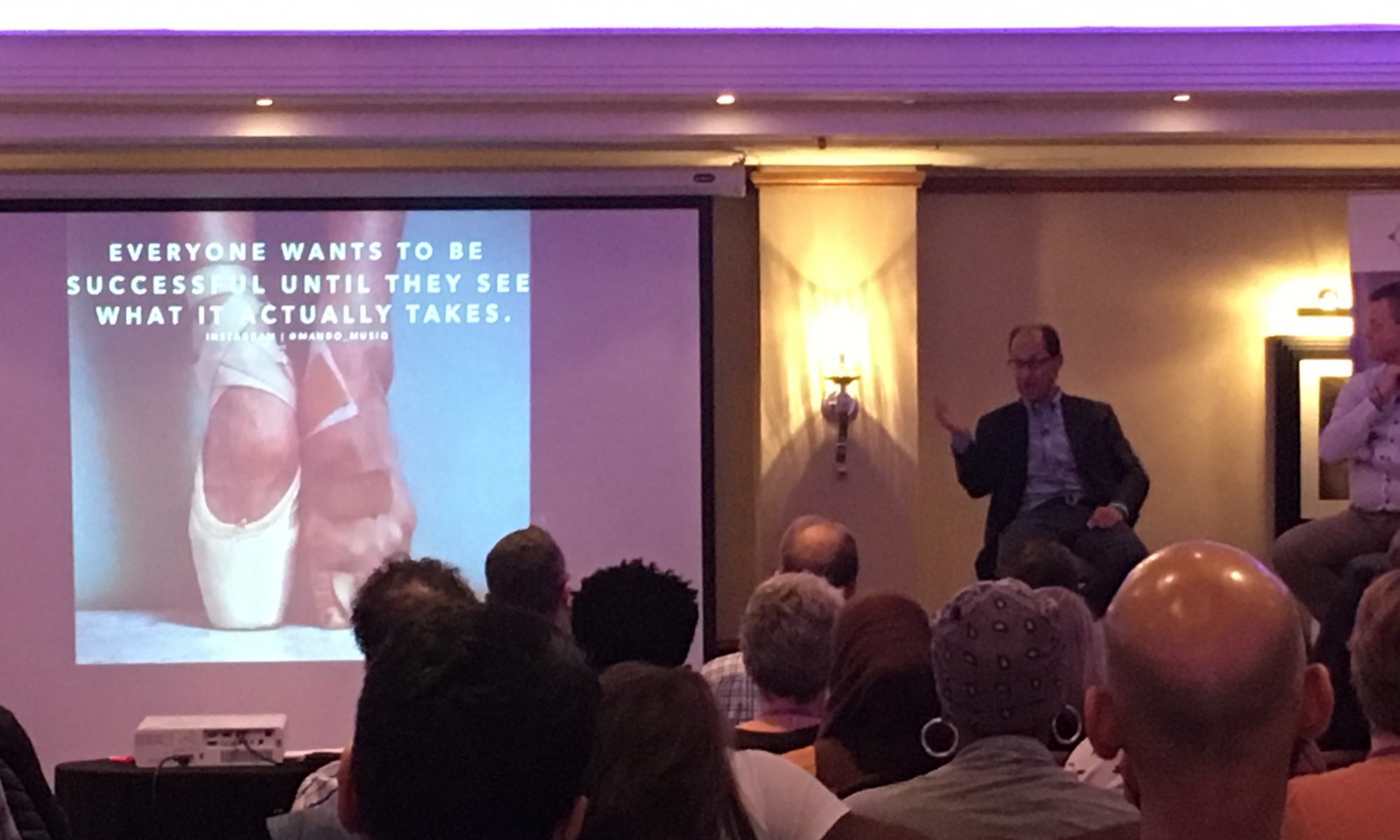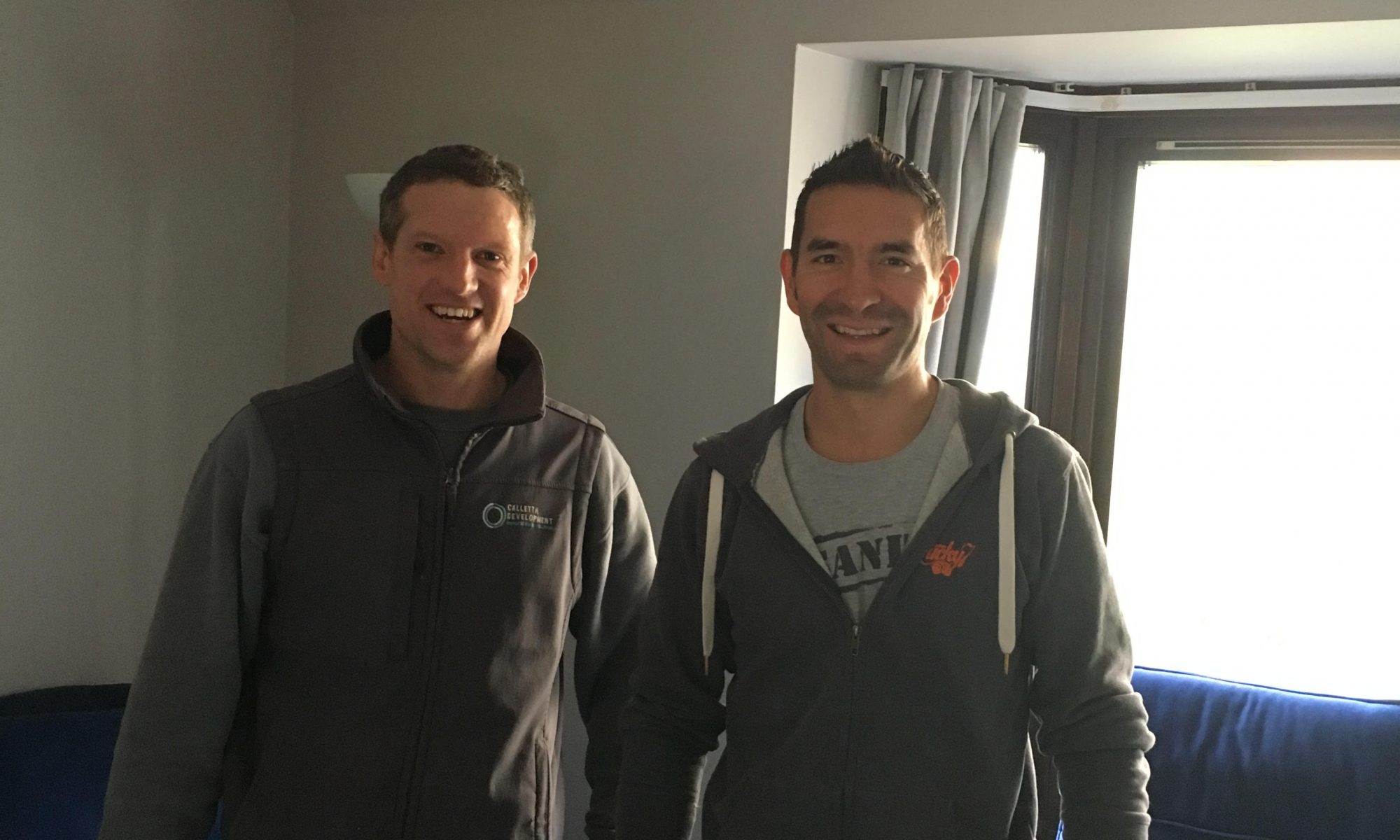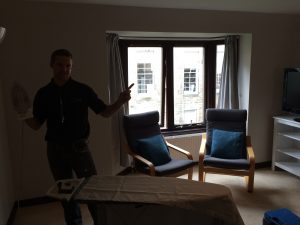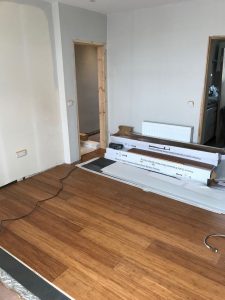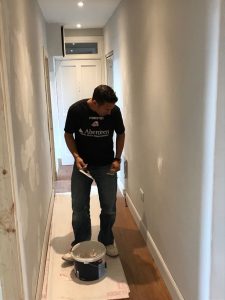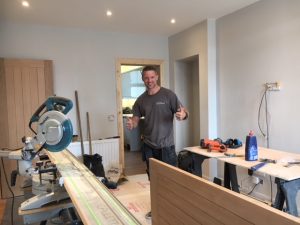This week I received a handy newsletter from our accountant summarising the key announcements from the Budget which will affect individuals and small business owners. I can’t take any credit for compiling this, that all goes to First Base Accountants, but I’m delighted to be able to pick out and share the most relevant points for people in property.
#1 Personal Tax Allowance to Rise to £12,500 One Year Earlier than Originally Announced – it will be applicable from 6th April 2019.
#2 The increase in the basic rate threshold will increase to £50,000 from next April has also been brought forward by a year. [Note this increase applies to non-savings and non-dividend income in England, Wales and Northern Ireland and to Savings and Dividend income throughout the UK. For those of us in Scotland we have to wait until 12th December to hear the update on Scottish rates.]
#3 Capital Gains Tax and Principal Private Residence (PPR) Relief
Where a main or only residence has been kept and let for a period before selling, CGT is due on the proportion of the profit or gain which relates to the period when the property was a let property, but it is not due on the period of time the property was the only or main residence.
The final period of ownership is always deemed to be part of the PPR calculation to allow for a period of time when the property might be empty, for example, whilst arranging for a sale. This period has been falling from its original 36 months, down to 18 months and Budget 2018 announced that from April 2020 the period will be further reduced to only 9 months.
#4 The Return of Allowances for Expenditure on Commercial Buildings.
For all those interested in commercial property, you’ll appreciate this one –
A new Structures and Buildings Allowance (SBA) will be immediately available on the eligible construction costs of new commercial structures and buildings.
The allowance is intended to give tax relief over a period of time for the construction costs of buildings intended for commercial use, for the costs of improvement of existing structures and buildings including the cost of converting existing premises for use in a qualifying activity. If the structure or building is of mixed use i.e. it has some residential element then the relief will be apportioned accordingly.
The relief will be limited to the original construction or renovation costs over a fixed period of 50 years at a rate of 2% per year. This will be granted regardless of changes in ownership.
#5 Capital Allowances – Temporary Increase In Annual Investment Allowance increase
The maximum amount of annual investment allowance has been set at £200,000 per legal entity since 2016.
Legislation will be introduced in Finance Bill 2018 to temporarily increase the AIA limit to £1,000,000 for 2 years years from January 2019 until the end of December 2020, before it reverts to £200,000. This was counteracted by a reduction in the yearly WDA (Writing Down Allowance) of integral feature from 8% pa to 6% pa from 1st April 2019
#6 Business Rates for the High St
The Business Rates for Shops, Pubs, Restaurants and Cafes will be cut by one third if their rateable value is below £51,000. It is estimated that will be up to 90% of all High Street retail properties. This cut will be for 2 years from April 2019 – a much needed help to encourage commercial tenants back into failing high streets and good news for commercial property investors in regards to increasing chances of filling your units.
#7 A Push to Electric Vehicles for Business
In order to encourage the use of electric vehicles for businesses the Budget 2018 gives 100% allowances for the expenditure incurred by businesses on the installation of electric charge point equipment.



